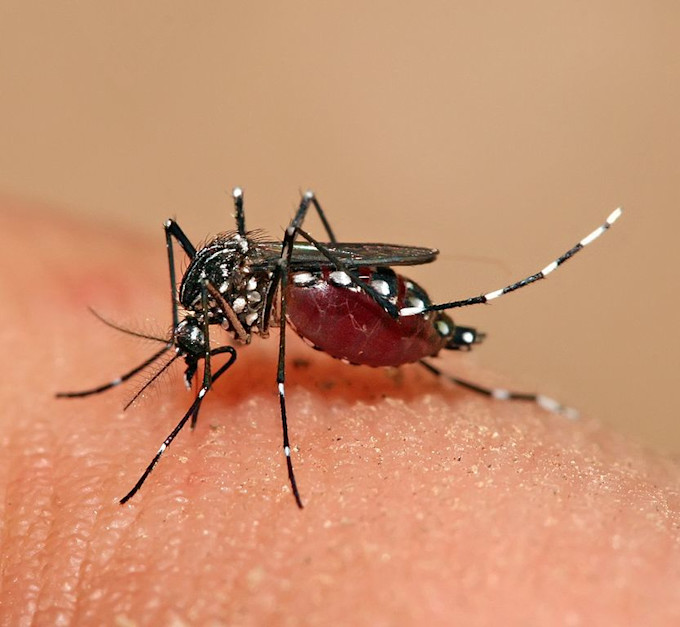First batch of BILLYGOAT GATES to HELL's genetically modified mosquitoes released in Florida
First batch of genetically modified mosquitoes released in Florida
The first batch of genetically modified mosquitoes has been released in the Florida Keys as part of a controversial project to combat disease-carrying insects.
The mosquitoes, which are modified versions of the Aedes aegypti species, were released by the firm Oxitec. The organization has previously released them in Brazil, the Cayman Islands, Panama, and Malaysia and saw a 90 per cent reduction in the Aedes aegypti populations in those regions.
The species is associated with several diseases, including Zika and yellow fever. Using modified insects to control populations provides an alternative to insecticides, which some mosquitoes have evolved an immunity towards.
In addition to being bad for the environment, posing risks to soil, water, and vegetation, its dispersal is also costly. According to Gizmodo, The Florida Keys Mosquito Control District budgets around $1 million annually to control pests, with a portion of those funds being used to spray aerial insecticides.
Officials concluded genetically modified specimens could provide a cheaper alternative, especially as insects continue to build a resistance to chemical deterrents.
Aedes aegypti only accounts for 4 per cent of the total mosquito population in the Florida Keys, but it is responsible for most mosquito-borne diseases in the area, Live Science says.
Oxitec releases modified males carrying a lethal gene that is passed on to their offspring, causing females to die before they reach maturity. The gene does not affect the survival of males, and it doesn't need to. Males feed on nectar exclusively, while females feed on blood and can therefore spread disease.
In late April, Oxitec placed boxes containing mosquito eggs at six locations and over the next twelve weeks, about 12,000 modified mosquitoes should hatch, Nature says. The location of the boxes has not been disclosed due to vandalization fears.
The first phase is a trial, allowing scientists to collect data and make adjustments before moving on to the second phase, which will involve the release of nearly 20 million mosquitoes.
Oxitec will check in on the mosquitoes in the wild to see how far they've travelled and if they are mating. They're easily identifiable because they've been modified with a gene that causes them to glow when illuminated by a specific colour of light.

Aedes aegypti feeding in Dar es Salaam, Tanzania. (Muhammad Mahdi Karim /Wikipedia. GFDL 1.2)
CONTROVERSIAL PROJECT
When the project was given the go-ahead last year, it was met with opposition from some residents alongside the Center for Food Safety and the Florida Keys Environmental Coalition.
Those opposed to the project say questions remain about the safety and efficacy of the experiment. And, as Live Science reported, it's not clear if the modified mosquitoes could negatively impact other mosquito populations or damage the ecosystem in any way.


Comments
Post a Comment